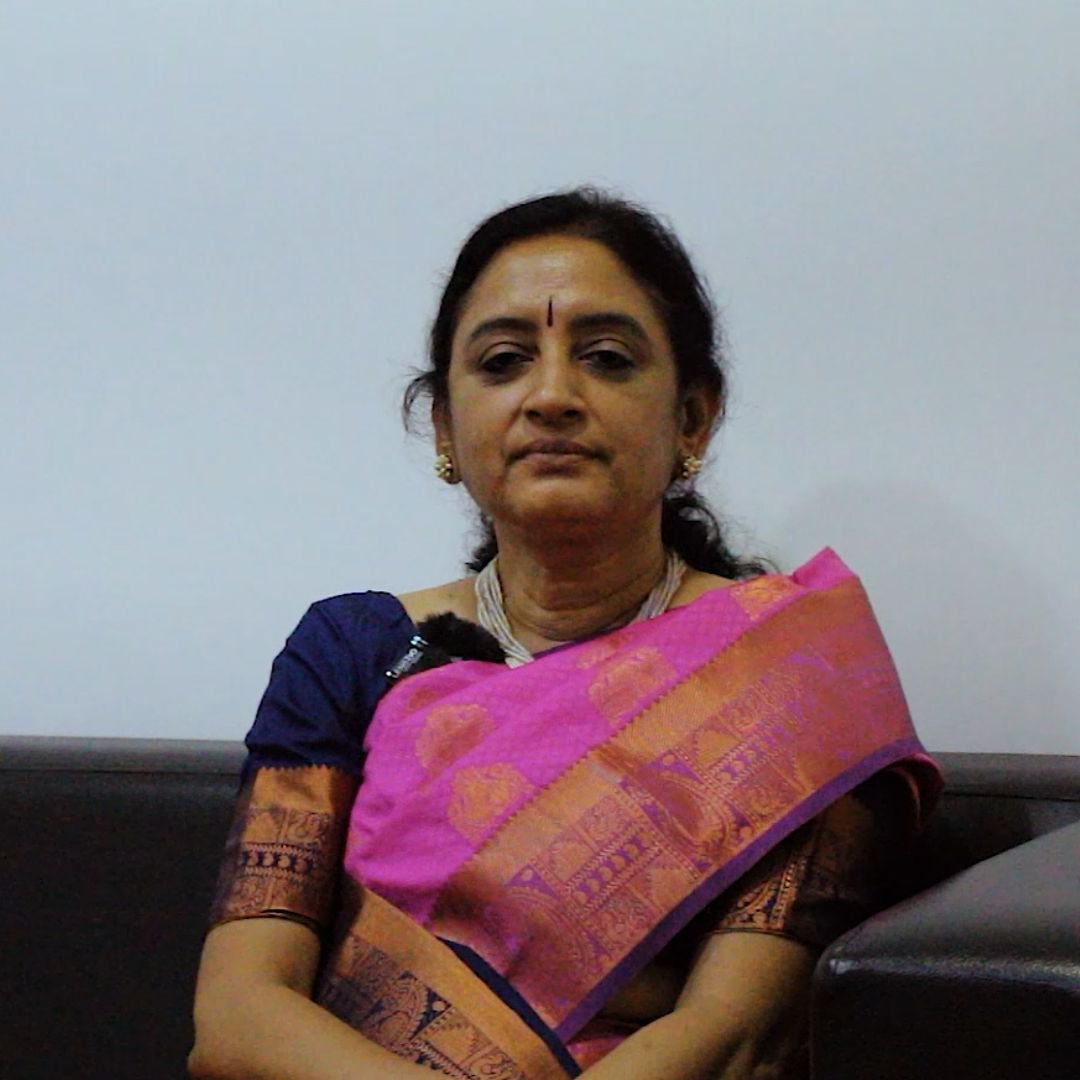Dr. Revathi provides a comprehensive overview of how thalassemia affects individuals and their families. In a question answer session with DATRI, Dr. Revathi’s highlights the challenges faced by families dealing with thalassemia, the importance of medical care and treatment, and the curative options like BMT or HSCT in managing this condition. She also stressed the need for greater awareness and steps for prevention of thalassemia. Here is a brief of Dr. Revathi’s session.
- Diagnosis and Initial Impact: Thalassemia is often diagnosed when a child is around 4 to 5 months old. At this stage, the child typically suffers from very low haemoglobin levels and an enlarged liver and spleen, which can be distressing for the family.
- Immediate Treatment: Dr. Revathi mentions that blood transfusions are the primary treatment to stabilize the child’s condition. Transfusions can provide quick relief and improve the child’s well-being within a few hours.
- Lifelong Commitment: However, the challenge lies in conveying to the family that thalassemia is a lifelong condition requiring ongoing care. Monthly blood transfusions are necessary to maintain haemoglobin levels. Over time, iron accumulates in the body due to transfusions, necessitating iron-reducing tablets.
- Emotional Strain: Dr. Revathi shares that this condition’s puts an emotional burden on the families. Caring for a child with thalassemia is like running a marathon daily, which can be stressful. Parents may also feel guilty because thalassemia is preventable, and a simple blood test during pregnancy could have helped prevent the child getting affected.
- Prevalence and Awareness: Dr Revathi mentions that thalassemia is still undiagnosed in many villages, leading to infant mortality. Blood transfusions are critical to ensure oxygen supply in the bodies of these patients.
- Treatment Options: The only curative option for Thalassemia Major in the country is a Bone Marrow Transplant (BMT) or Hematopoietic Stem Cell Transplantation (HSCT), where stem cells can be obtained from either bone marrow or peripheral blood. Dr Revathy also shared about ongoing trials with gene therapy abroad and this could be more successful than BMT.
About DATRI:
DATRI Blood Stem Cell Donors Registry, a not-for-profit organisation, has facilitated more than 1207 Blood Stem Cell Donations to date. The journey began in the year 2009 to find unrelated matched donors for patients with leukaemia, Thalassemia or blood disorders whose life is dependent on an unrelated donor to survive. DATRI, India’s largest Blood Stem Cell Donors Registry, has more than 5,30,072 donors registered. DATRI is working towards creating a wide and diverse database of potential Blood Stem Cell Donors that can be accessed by any patient living anywhere in the world in need of a Blood Stem Cell Donation. Any healthy individual between the age of 18 years to 50 years can register as a blood stem cell donor with DATRI and potentially become a lifesaver when they’re found to be a match for a fatal blood disorder patient.

About the Author:
Dr Revathi Raj is a renowned paediatric haematologist in Apollo Hospitals, Chennai with over 20 years of experience. She specializes in treating conditions like Eosinophilia, Bone Marrow Transplants, Stem Cell Transplantation, and more. Driven by a love for working with children and a passion for haematology, she has achieved over 80% cure rates in treating Paediatric Leukaemia/Lymphoma. Dr. Revathi is also actively involved in medical education, runs the Fanconi Anaemia Registry for India (REFAIN), and directs a Fellowship program for young doctors in Paediatric Hematology/Oncology.
For more information about thalassemia click the links below to watch Dr. Revathi Raj’s interview

